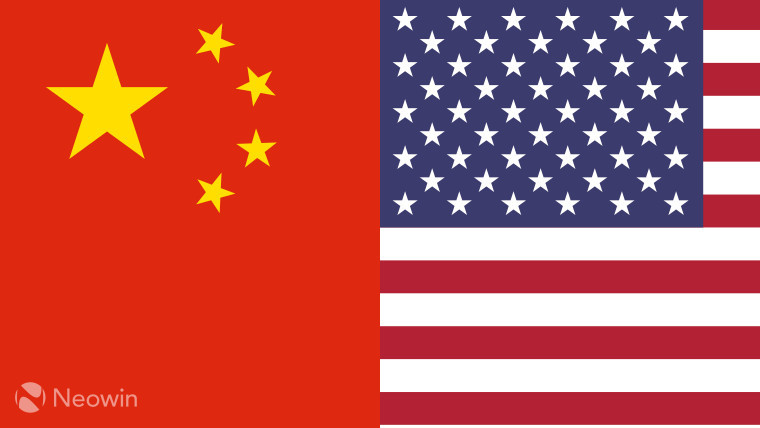
The Biden administration has announced fresh restrictions to limit China's access to important components needed for creating artificial intelligence models and manufacturing advanced semiconductors. The move is part of the U.S.' broader strategy to stop China from taking a lead on AI and chip manufacturing that could potentially be used as part of its military power, eventually posing a threat to national security.
The Department of Commerce has imposed curbs on the sale of high-bandwidth memory (HBM) chips to China. These chips are mainly used for AI-intensive tasks as they handle data storage and processing.
The new rules not only affect U.S. companies but also extend to foreign firms, including major South Korean manufacturers like Samsung, SK Hunix, as well as Micron Technology.
To top this, the U.S. government has also blacklisted 140 Chinese companies that are believed to be acting on behalf of the Chinese government. The new rules are significant because they also apply to equipment manufactured by U.S. companies in foreign countries. This means that even if a company produces technology outside the U.S., it would still need permission to sell it to China if it contains any American technology. This was a previous loophole which was being used that allowed China to bypass previous restrictions.
Before implementing these measures, U.S. officials spent months negotiating with allies like Japan and the Netherlands to ensure that they would also impose similar restrictions on China. Both Japan and the Netherlands are home to some of the leading semiconductor tech companies like Toshiba, Sony, and ASML. However, these countries have not yet publicly committed to such actions, although both the Netherlands and Japan have existing restrictions in place.
There are still some exemptions in the rules; for instance, Western companies can still package certain types of HBM chips in China, provided that these activities do not pose a significant risk of technology diversion.
Source: Bloomberg (paywall)
















1 Comment - Add comment